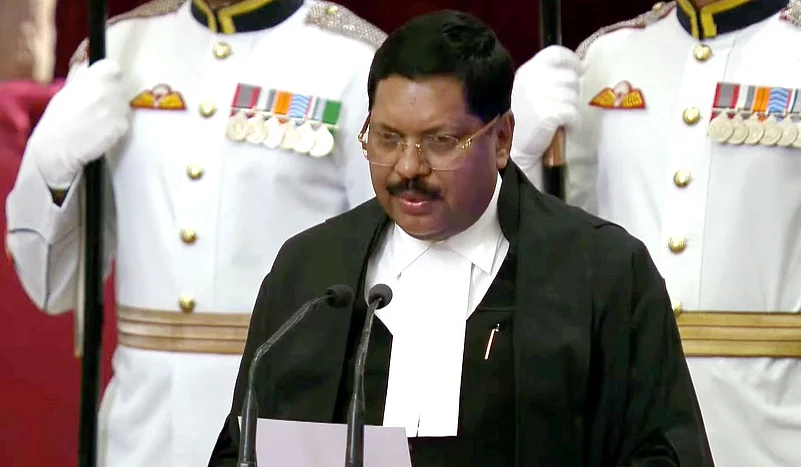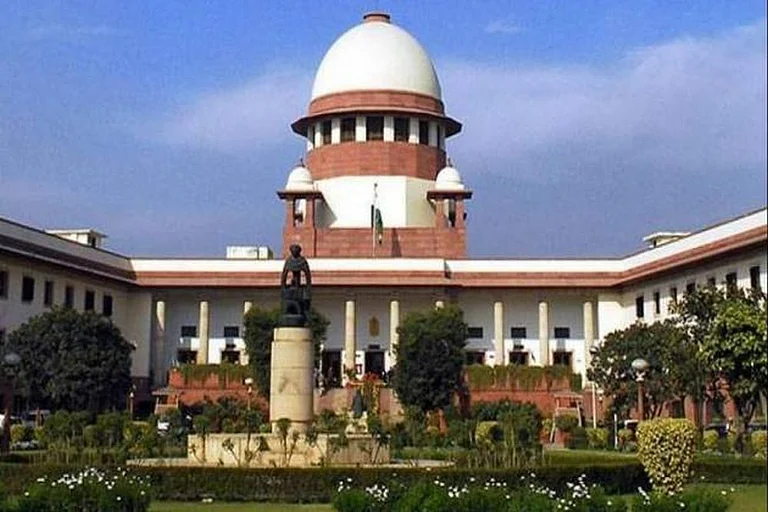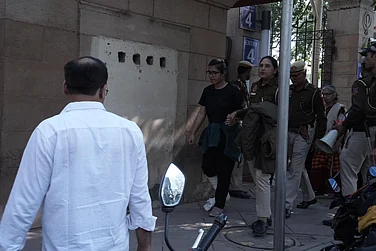
Outgoing CJI B R Gavai strongly defends collegium system as safeguard of judicial independence.
Makes robust case for excluding affluent “creamy layer” from SC quota to ensure benefits reach the truly marginalised
Expresses regret at not appointing any woman judge to Supreme Court during his term due to lack of collegium consensus
Outgoing Chief Justice of India B R Gavai on Sunday strongly defended the collegium system for appointing judges, made a strong case for exclusion of affluent people from the Scheduled Caste quota, and regretted not appointing any women judges during his tenure in the top court.
In a candid farewell interaction, the 52nd CJI, who retires on Sunday after a six-month stint, said he leaves office with “complete satisfaction and contentment” and reiterated his decision to accept no post-retirement government assignment.
On the collegium system, Justice Gavai asserted it is the best mechanism to preserve judicial independence, stating, “Judges appointing judges ensures independence. We consider IB reports and government views, but the final decision rests with the collegium.”
He stood firmly by his earlier verdict advocating exclusion of the “creamy layer” among Scheduled Castes from reservation benefits. “If the same advanced families keep cornering quotas generation after generation, a class within a class emerges. Benefits must reach the truly deprived,” he said, adding that the final call lies with Parliament and the executive.
Justice Gavai expressed personal regret over the collegium’s inability to elevate a single woman judge to the Supreme Court during his tenure due to lack of consensus, despite recommending 16 women to High Courts. “I tried, but consensus is required,” he said, while noting Justice B V Nagarathna is in line to become India’s first woman CJI.
During his term, the government cleared nearly all collegium recommendations, including 107 High Court judges with significant representation from women, SC/ST, OBC, and minority communities.


























